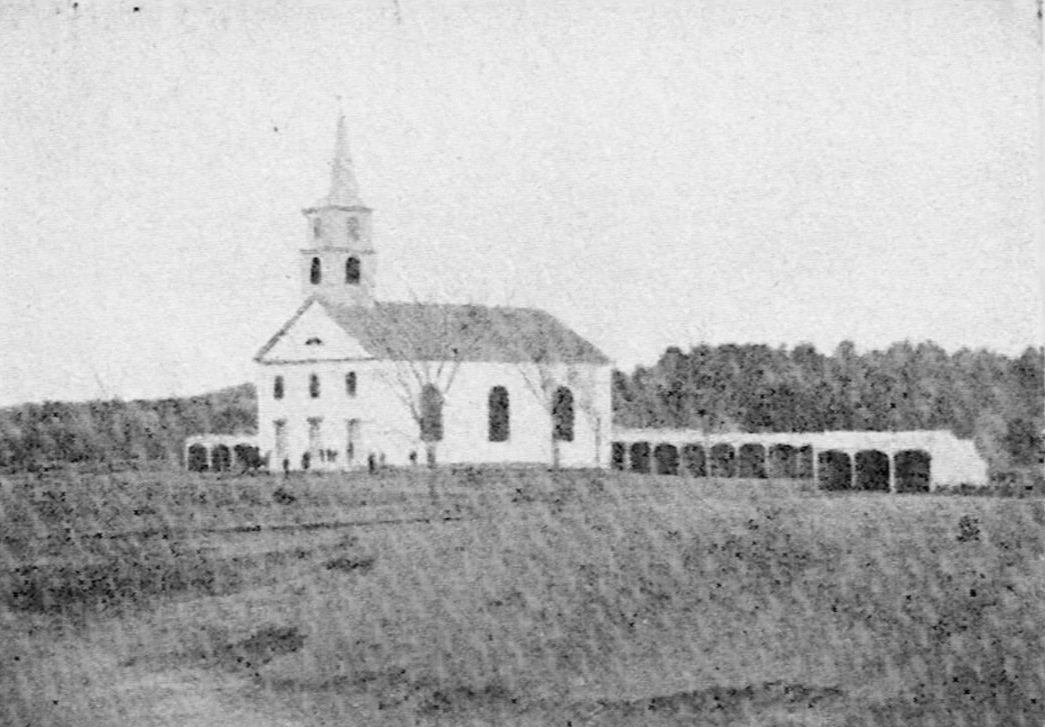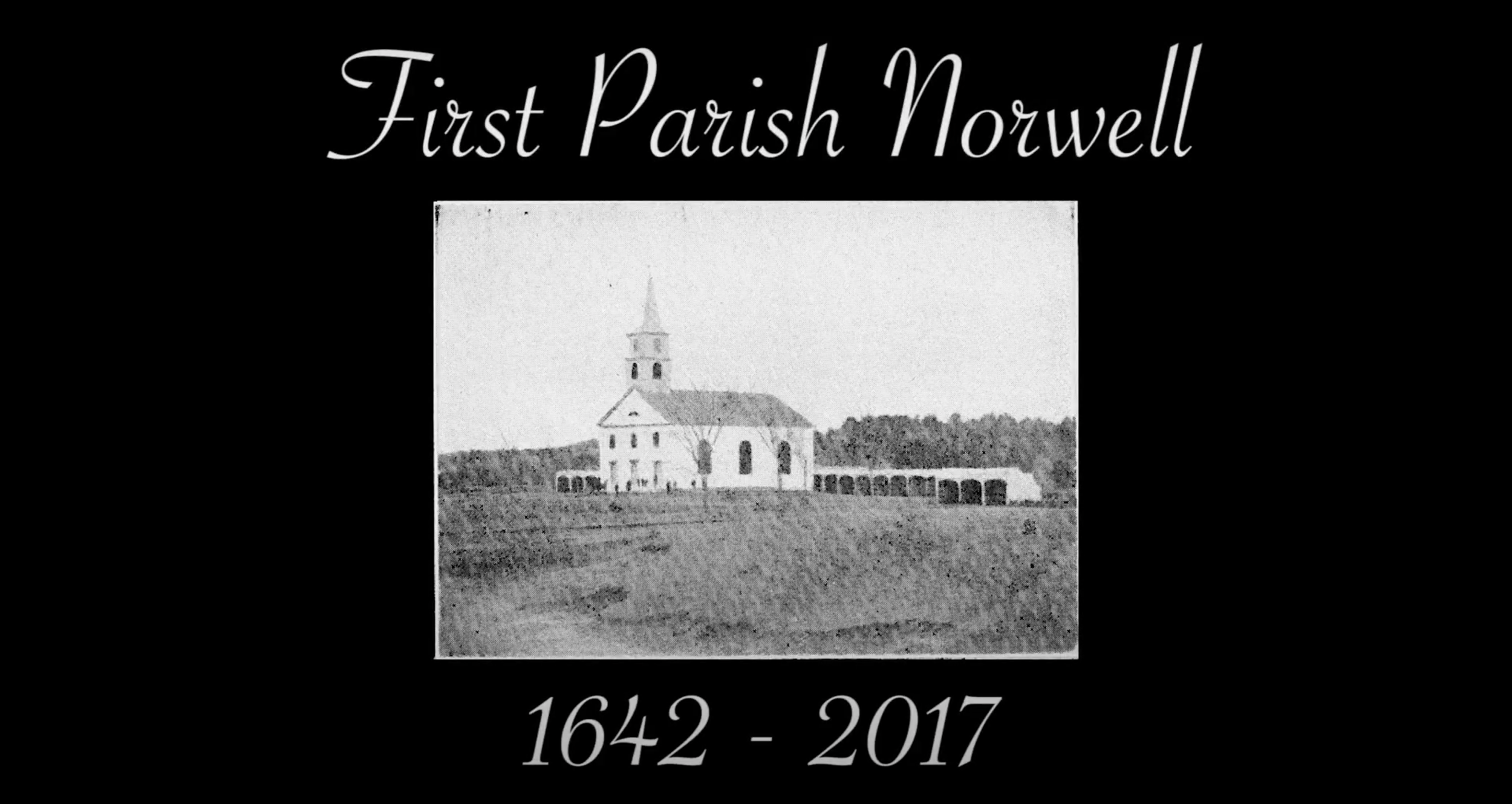Our History
The First Parish of Norwell, located in Norwell, Massachusetts, has a rich history that dates back to the early colonial period in New England. Its buildings and properties encompass and embrace both the old and the new, befitting our spiritual heritage which reaches back to the 17th century, while our religious outlook is as new as tomorrow. For more than 375 years First Parish of Norwell has served the spiritual needs of many people of varied religious and ethnic backgrounds and continues to do so.
A Historical Overview
-
Norwell was originally settled in 1636 as part of the town of Scituate. In 1849 the southern portion broke away from Scituate and incorporated itself as South Scituate. Later, in 1888, the town was renamed Norwell.
-
First Parish of Norwell traces its origins to the First Parish of Scituate, which was established in 1634.
-
In 1641, the congregation split during the ministry of Rev. Charles Chauncy, who had fled to North America to escape persecution by English authorities. The church's congregants disagreed as to whether baptism should consist of full submersion or mere "sprinkling". More liberal members, who considered full submersion to be unnecessary, left to form a Second Church of Scituate in February of 1642 and thus First Parish of Norwell was established.
-
Mr. Thomas King was chosen as the first Elder of the church, but meanwhile the new congregation struggled to find a minister who would be accepting of their liberal standards. Eventually they settled on Rev. William Wetherell of Duxbury, who was ordained in September of 1645.
-
Under Reverand Wetherell’s pastorate the congregation grew significantly, necessitating the erection of a larger meetinghouse in 1680, located either in or near the current old cemetery on Main Street, Norwell. This was followed in 1707 with a larger building constructed on Herring Brook, and later by a fourth building on the same site in 1769.
-
In 1830, the fifth and current “Greek revival” meetinghouse was built. It was designed by William Sparrell, a native of Norwell. It has the distinction of having been in three different towns without having to move an inch: Scituate (1830), South Scituate (1849), and Norwell (1888). The church is home to a Paul Revere bell, though it was recast around 1880 because a well-to-do female parishioner complained that she could not hear the bell from her home which was a few streets removed. She paid to have it recast so that she could hear it.
-
Reverend Samuel J. May, minister of Norwell from 1836-1842 was an ardent supporter of William Lloyd Garrison, a leader of the abolitionist movement. Rev. May, the uncle of author Louisa May Alcott, was a fervent supporter of women’s rights, the anti-war movement, and total abstinence from alcohol. He organized the first church school in the parish and created a local chapter of the "Cold Water Army", a group that promoted abstention from all intoxicants by posting banners and holding parades. Rev. May spoke publicly against the segregation of Black and poor parishioners who were consigned to the balcony of the church. This created widespread dissent in the congregation and ultimately led to his resignation in the summer of 1842.
-
Early Reverends Eells and Barnes in the 1700s were liberal ministers who probably paved the way for the congregation's eventual embrace of Unitarianism. This affiliation was made official in 1820 and was an uncharacteristically unanimous decision, with only one member requesting dismissal as a result.
Our Historic Organ
Organs have been an integral part of American society since its very beginnings and were exported to the American colonies before the Revolution. First Parish of Norwell has been home to four different organs. The current organ, Wissinger Organs, Opus No. 27, was completed in 2010 using the first original and existing Goodrich case and nearly all the pipes from the previous organ. Learn more history about the organ’s here.
Want to know more about our history? Access our church archives and further details about each Minister.
Celebrating our first 375 years.
March 2017 - created by Don Messinger & Scott Stephenson
Significant milestones of our first 375 years are documented here in a timeline.
Archives
First Parish of Norwell has a long and rich history.
Our Church records from 1642 to 1908 can be viewed on the Congregational Library & Archives website.
We have scanned all of our church records to facilitate historical and genealogical research. Physical records may be viewed at the James Library in Norwell, MA. All records may be viewed using the free Adobe Acrobat Reader (included on the media). The records include the following:
Parish Records (PR series) - 6 books from 1642 to the present containing minutes of all business meetings, reports, official votes, elections, and bylaws. This is the largest bulk of records as it includes all annual meeting warrants, committee, and financial reports up to the present.
Church Records (CR series) - 4 books from 1645 to 1880 listing marriages, baptisms, deaths, confessions, and letters received. A few marriage certificates are included. Samuel Deane's records include baptisms, marriages, deaths, and membership lists.
Ministers Records - 2 books from 1916 to the present containing marriages, baptisms, dedications, funerals, and other events recorded by the ministers of First Parish. Some photographs and newspaper clippings are included.




